In the course of our everyday lives, we engage in activities that leave a residual trail of carbon emissions. Transportation, for example, ranks as one of the highest contributors to greenhouse gas emissions. At r+, our growing awareness of such facts means a better understanding of how our lifestyle habits have resulted in the climate crisis. Even something as simple as preferring meat over vegetables accumulates into a significant annual carbon footprint.
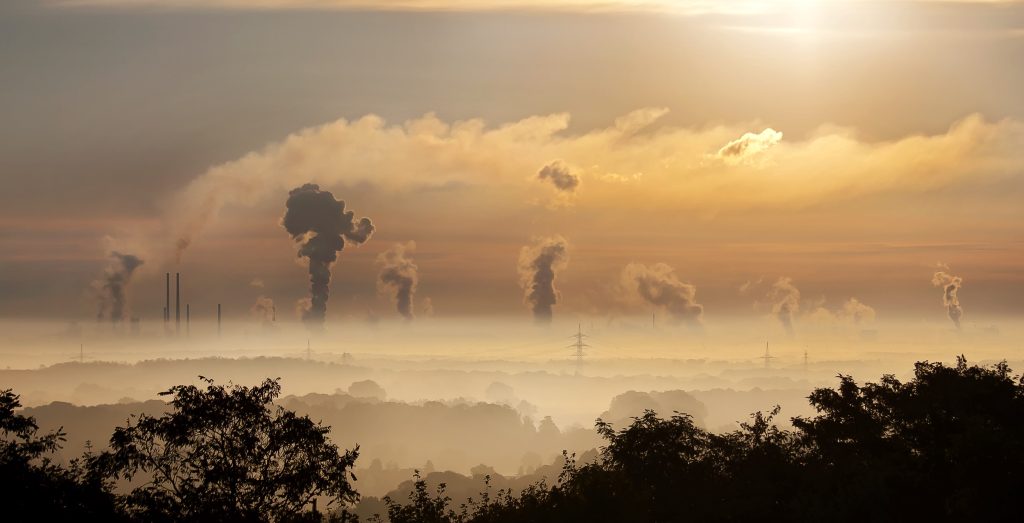
Still, it is not too late for affirmative action. At r+, we aim to pilot a carbon credit scheme as part of our net-zero initiative. Carbon credits are a form of virtual currency that companies and individuals alike can purchase to offset their carbon emissions. Through the auspices of a third-party organisation such as Gold Standard, r+ plans to bulk purchase carbon credits and sell these to our members at a tentative rate of USD12 per kilogram of carbon emission. Similarly, Melia Hotels International’s loyalty program allows members to exchange points for internationally certified carbon credits.
Another source of these credits is through r+ being involved in local carbon projects. With Cambodia’s CO2 emissions per capita recorded at 0.41, much lower than the global average of 4, it is no surprise that carbon projects there are adopted in abundance. With the launching of r+ koh rong in Cambodia, we seek to uplift the local community by kickstarting our own carbon projects for the future. Funds gathered from r+ members’ carbon credit purchases will be invested in afforestation and blue carbon projects, for instance, having mangroves planted along the coastal ecosystems of Cambodia to sequester carbon emissions within the vicinity.
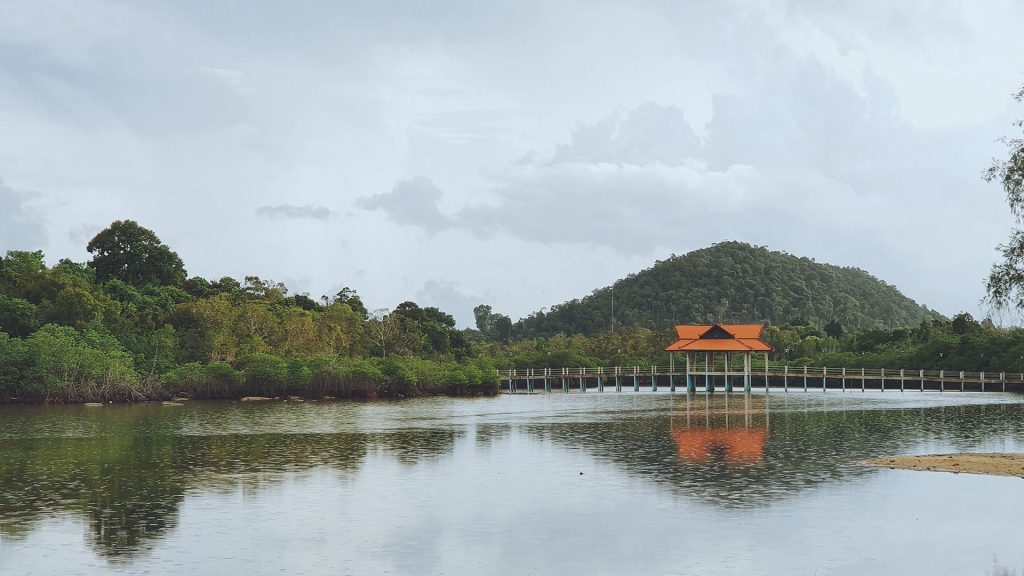
r+ believes that our members will benefit from the utilisation of carbon credits to mitigate carbon emissions. This is a milestone in our quest for net-zero living: it is a form of responsible luxury that paves the way for enriching and sustainable hospitality experiences for now and into the future.
As r+ continues to impart memorable luxury experiences across spectacular locales all around Asia, our commitment towards environmental conservation remains steadfast. The climate crisis is often top of mind, and the hospitality industry has been marked a prominent culprit: an estimated 75% of hotels’ environmental impacts are attributed to excessive consumption of resources [1] — a stigma which r+ strives to eliminate in part through our net-zero goal.
Net-zero is achieved when there is a balance between the amount of greenhouse gases emitted and the amount removed from our atmosphere.
Passive design, energy reduction and waste management form three key pillars of our eco-consciousness campaign. These are all essential components in our creation of a circular r+ ecosystem.
We are innovating strategies that not only reduce carbon emissions through optimised energy usage, but also recycle waste. Passive design elements such as naturally ventilated transition spaces allow for air to flow freely across our resorts, while pocket gardens provide cooling nature respites. These features reduce the reliance on internal lighting and excessive air-conditioning.
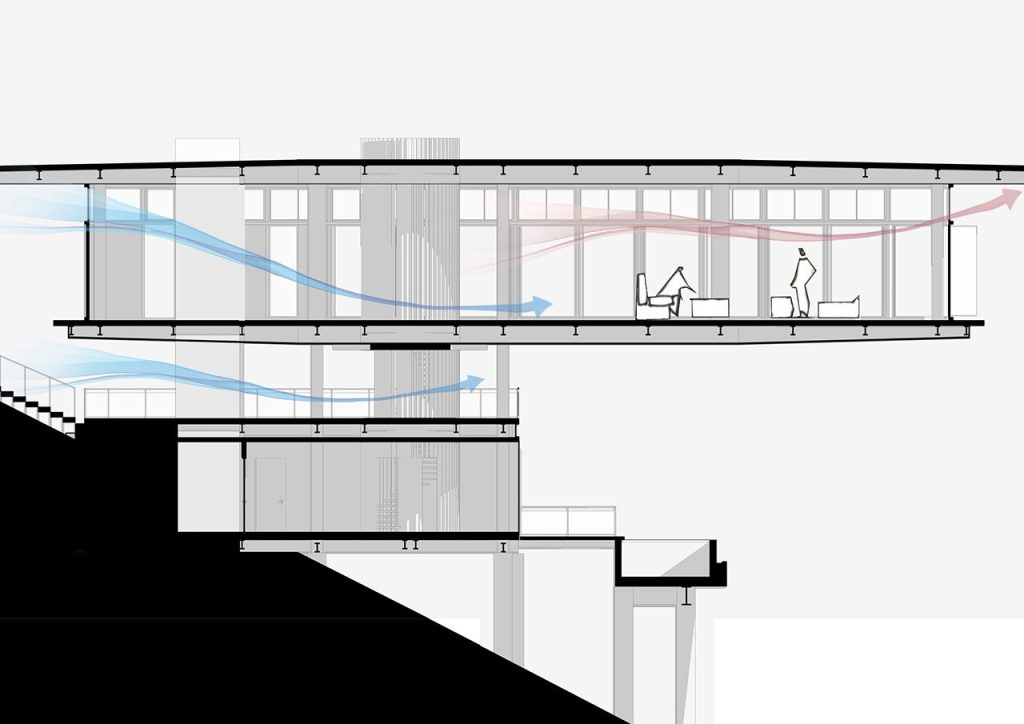
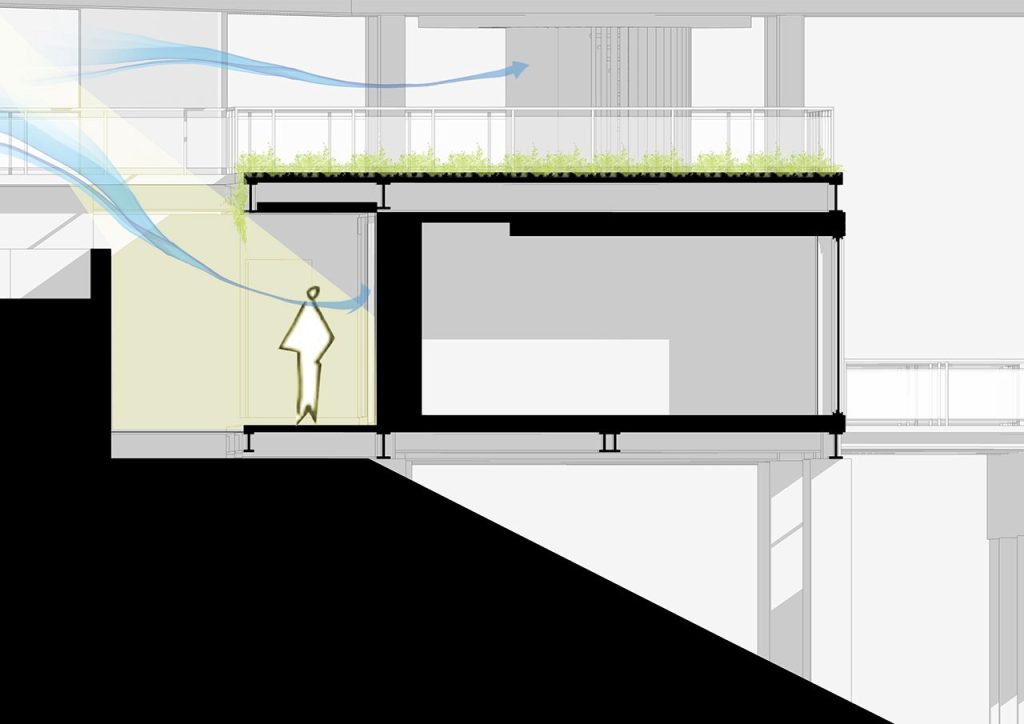
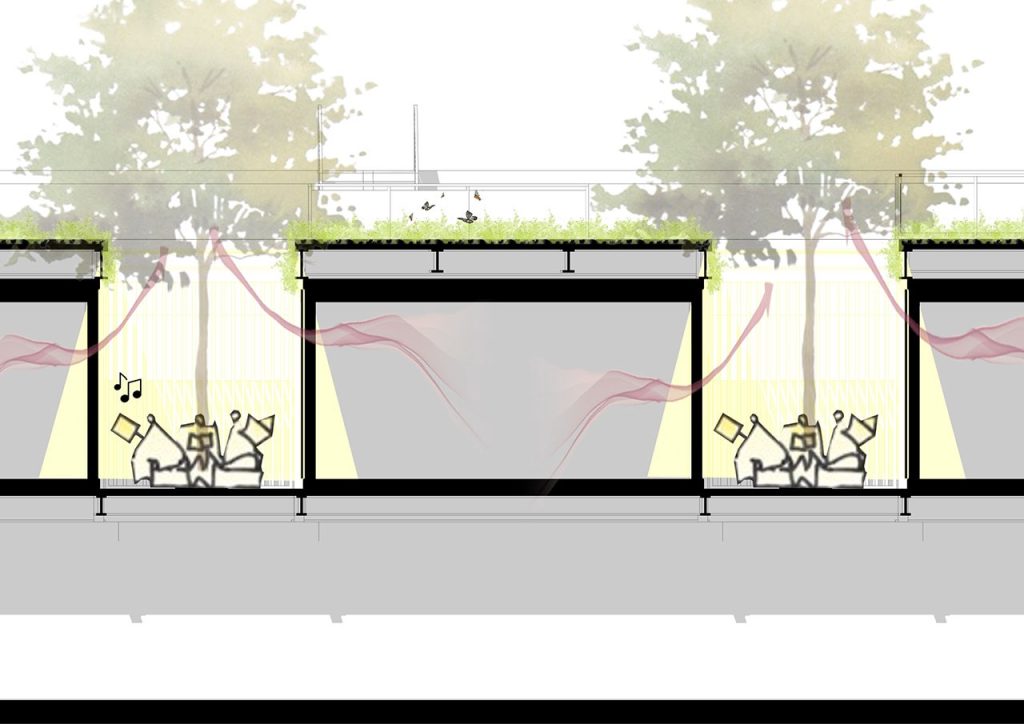
Agricultural Technology (AgriTech) has been a staple practice of many farm holdings, and r+ supports its application to increase yields sustainably. Waste from our resorts is recycled into fertiliser. Used water is processed before being channeled to irrigate the fields.
r+ is also a proponent of renewable energy and its benefits. Solar panels from Kamworks will be implemented for our upcoming villas in Koh Rong, Cambodia [2]. The energy harvested is stored in a reservoir, serving as a backup power source.
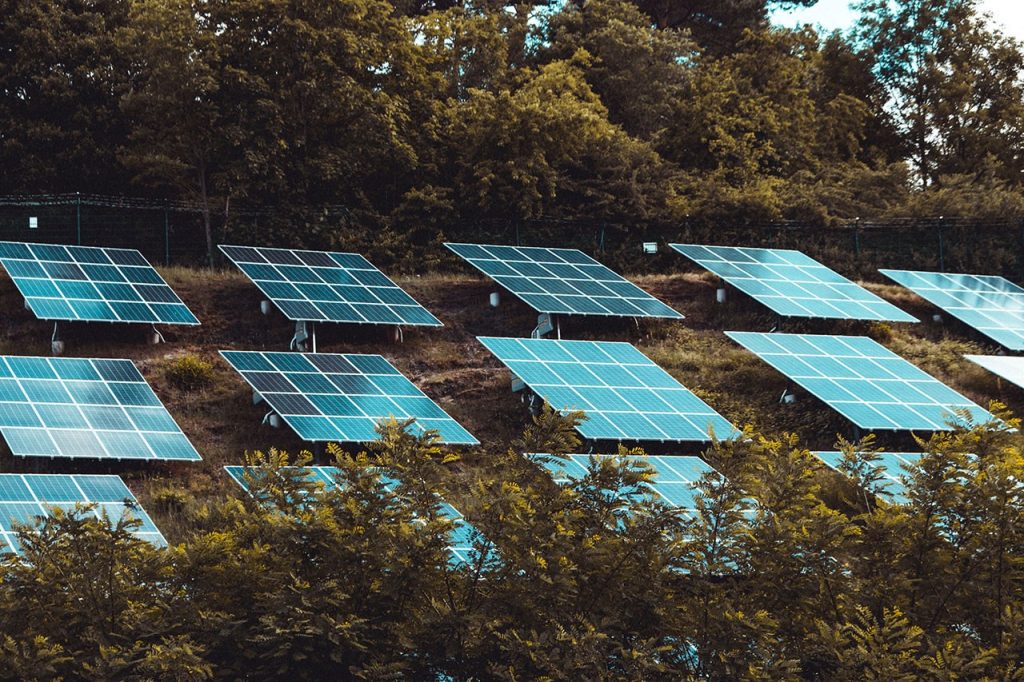
The transportation sector is arguably the highest contributor towards greenhouse gas emissions globally. Hence, r+ is partnering with Gogoro — a Taiwanese company specialising in the development of electric scooters and battery-swapping refueling platforms [3]. Equipped with an efficient charging mechanism, our guests will enjoy hassle-free and eco-friendly rides.
A future with net-zero emissions charts the path to a better way of life, for life.
For more information, please contact hello@rplus.asia
[1] https://hmhub.in/environmental-concerns-relating-to-hotel-industry/
[2] https://rplus.asia/
[3] https://www.gogoro.com/gogoro-network/